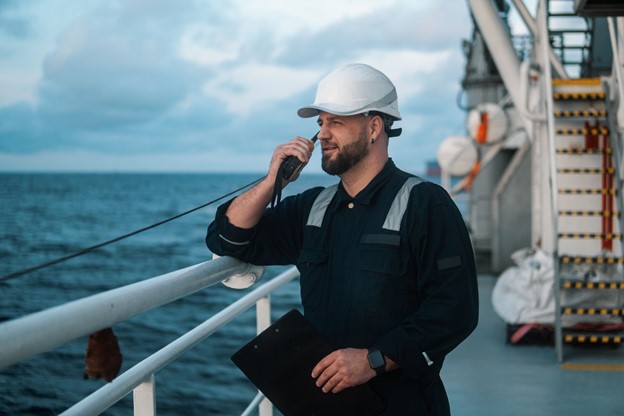
Blog
Death On the High Seas Act: What Are Your Rights?
Posted in Jones Act, Maritime Piracy
When someone dies due to the negligence or misconduct of another, it’s called wrongful death. Their families have the right, under various state laws, to sue the responsible party. The same is true for those who die at sea, only their case comes under the purview of maritime law, specifically, the Death On the High Seas Act (DOHSA).
The Death On the High Seas Act
The Death On the High Seas Act (46 USC 761) has been around since 1920 when Congress decided to make provisions for the families of seamen who had been killed in international waters. Legislators have since expanded and amended the law, but the premise remains the same: When a commercial maritime worker dies at least three nautical miles from the shore of the United States, DOHSA permits dependents to recover damages. Over the years, the law has come to include commercial aircraft accidents that take place over international waters at least 12 nautical miles from shore.
Who Is Covered Under DOHSA?
The Death On the High Seas Act is designed to provide compensation for families who have lost a primary wage earner. Only these close relatives are eligible to file DOHSA claims:
- Spouses
- Children
- Parents
- Dependent relatives.
What the Law Does Not Cover

In addition, a maritime accident attorney must be able to show that the death was the result of another party’s negligence, whether that is the ship’s owner or a fellow worker. Negligence may occur when:
- An employer fails to equip the ship with the necessary safety gear.
- Employers or owners fail to maintain the seaworthiness of the vessel.
- An employer or manager fails to maintain or repair safety gear.
- An employer forces a seaman to work in unhealthy or hazardous conditions.
- A co-worker engages in risky behavior or fails to carry out duties.
Under What Circumstances Should a DOHSA Claim be Filed?
A maritime accident attorney must be able to show that the death was the result of another party’s negligence, whether that is the ship’s owner or a fellow worker. Negligence may occur when:
- An employer fails to equip the ship with the necessary safety gear.
- Employers or owners fail to maintain the seaworthiness of the vessel.
- An employer or manager fails to maintain or repair safety gear.
- An employer forces a seaman to work in unhealthy or hazardous conditions.
- A co-worker engages in risky behavior or fails to carry out duties.
What Does DOHSA Cover in the Case of a Fatality at Sea?
Since DOHSA preempts state law, however, family members of victims cannot file claims through traditional wrongful death statutes. Historically, that has prevented dependents from recovering damages related to non-pecuniary losses (e.g., mental anguish, loss of consortium, loss of care, comfort, and companionship).
Under the Death On the High Seas Act, dependents are allowed to recover damages for such things as:
- Loss of financial support
- Funeral expenses
- Counseling expenses
- Other pecuniary damages—financial losses
How to File a DOHSA Claim

Given the narrow window of opportunity, it’s crucial for a parent, child, or dependent to seek the help of a dedicated maritime law firm immediately after losing a loved one. While nothing can fully compensate for the death, pain, and suffering of a loved one, your family deserves to have their financial losses compensated by those responsible.
At Maintenance and Cure, we work hard to secure justice on behalf of our clients. We have decades of experience in handling all types of maritime injury and wrongful death claims. Contact us as soon as possible to speak with a skilled maritime accident attorney about your rights.













